Your cart is currently empty!
Tag: EnvironmentalImpact
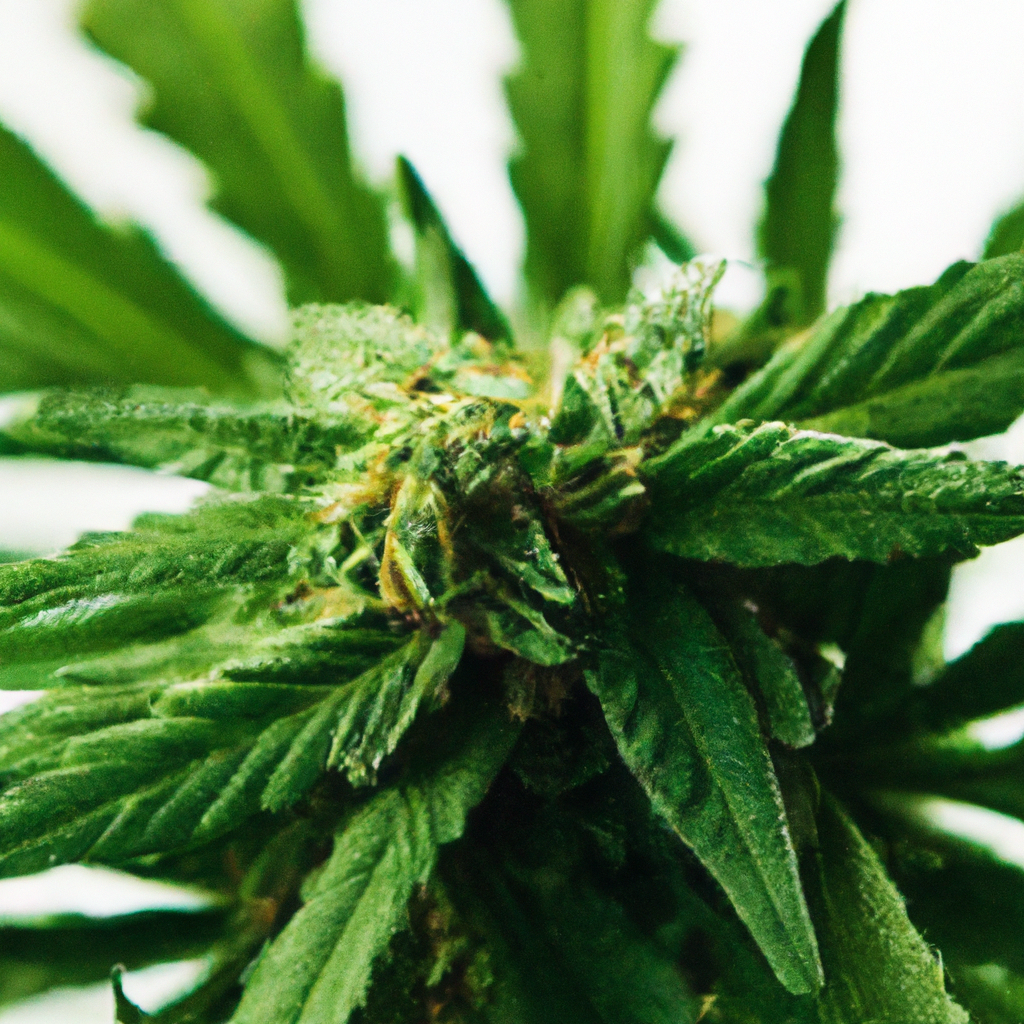
As the world confronts climate change and dwindling fossil fuels, cannabis emerges as an unexpected yet promising contender in sustainable energy production. The blog post highlights the potential of hemp as a biofuel, noting its high cellulose content, which can be converted into cellulosic ethanol—a cleaner alternative to traditional fuels. Hemp’s rapid growth, low water…
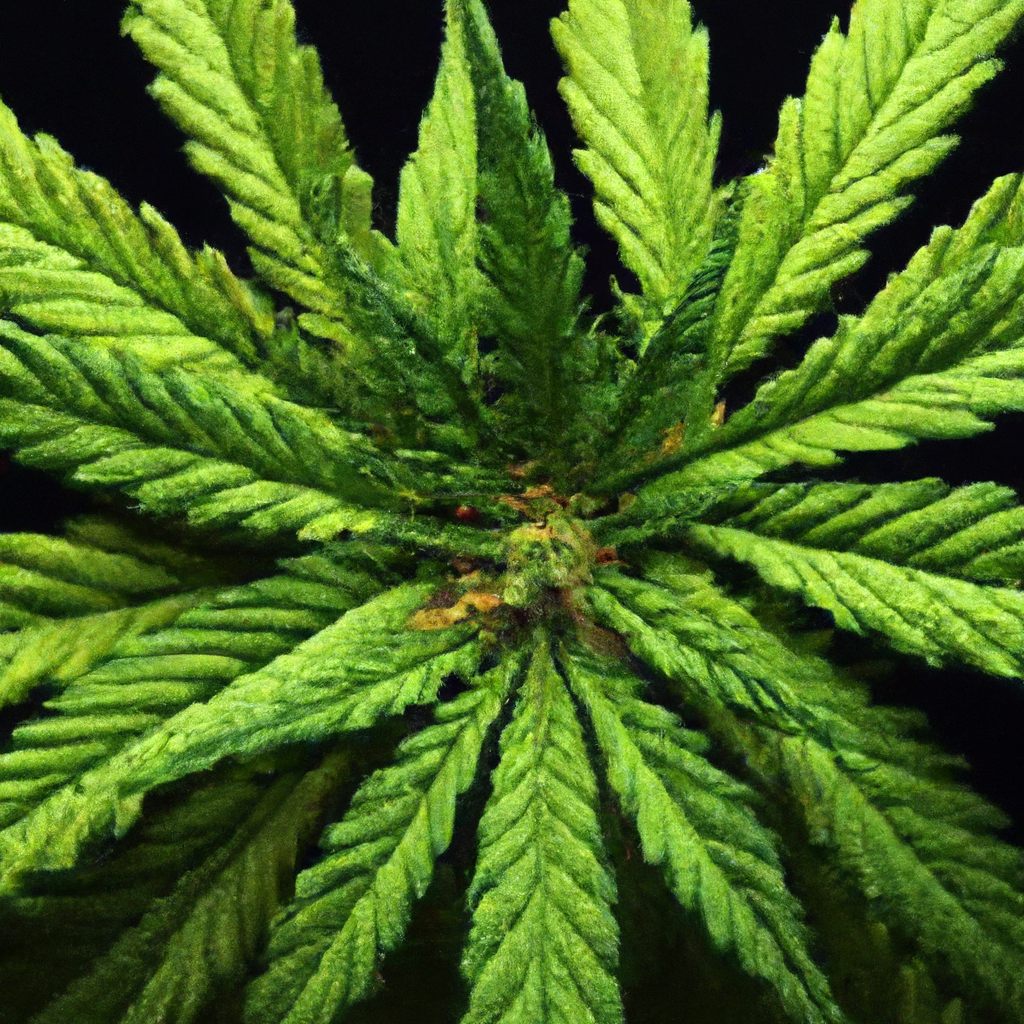
In the pursuit of sustainability, cannabis is emerging as a vital element in developing eco-friendly plastic alternatives. Derived from hemp, cannabis bioplastics offer significant benefits, including faster biodegradability, renewable sourcing, and a reduced carbon footprint. As global cannabis legislation evolves, it opens up economic opportunities and challenges for the hemp-based product industry. Case studies highlight…
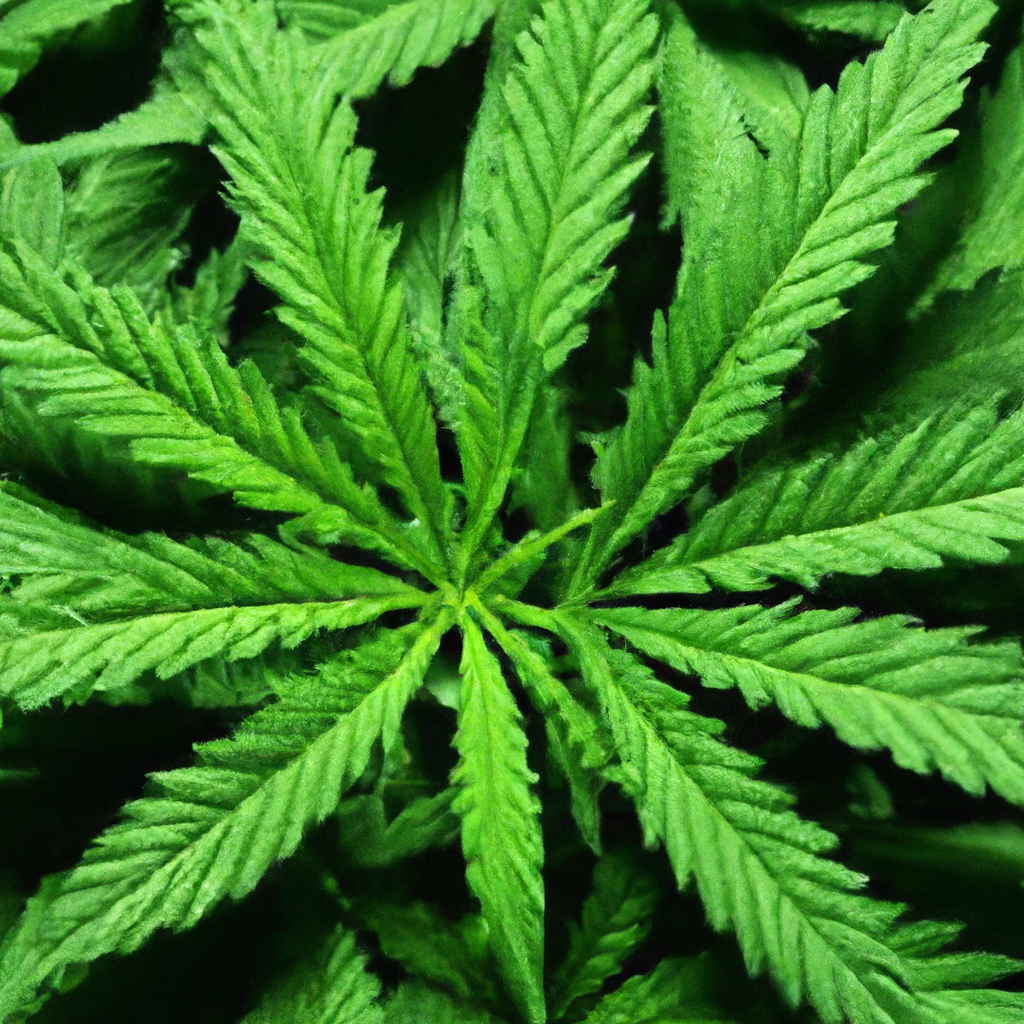
Cannabis is experiencing a renaissance across various sectors, notably in eco-friendly textile production. Hemp, a variety of the Cannabis sativa plant, offers a sustainable alternative to traditional materials due to its rapid growth, low water requirement, and pesticide-free cultivation. Compared to cotton, hemp boasts minimal water usage, no need for pesticides, and higher yield per…
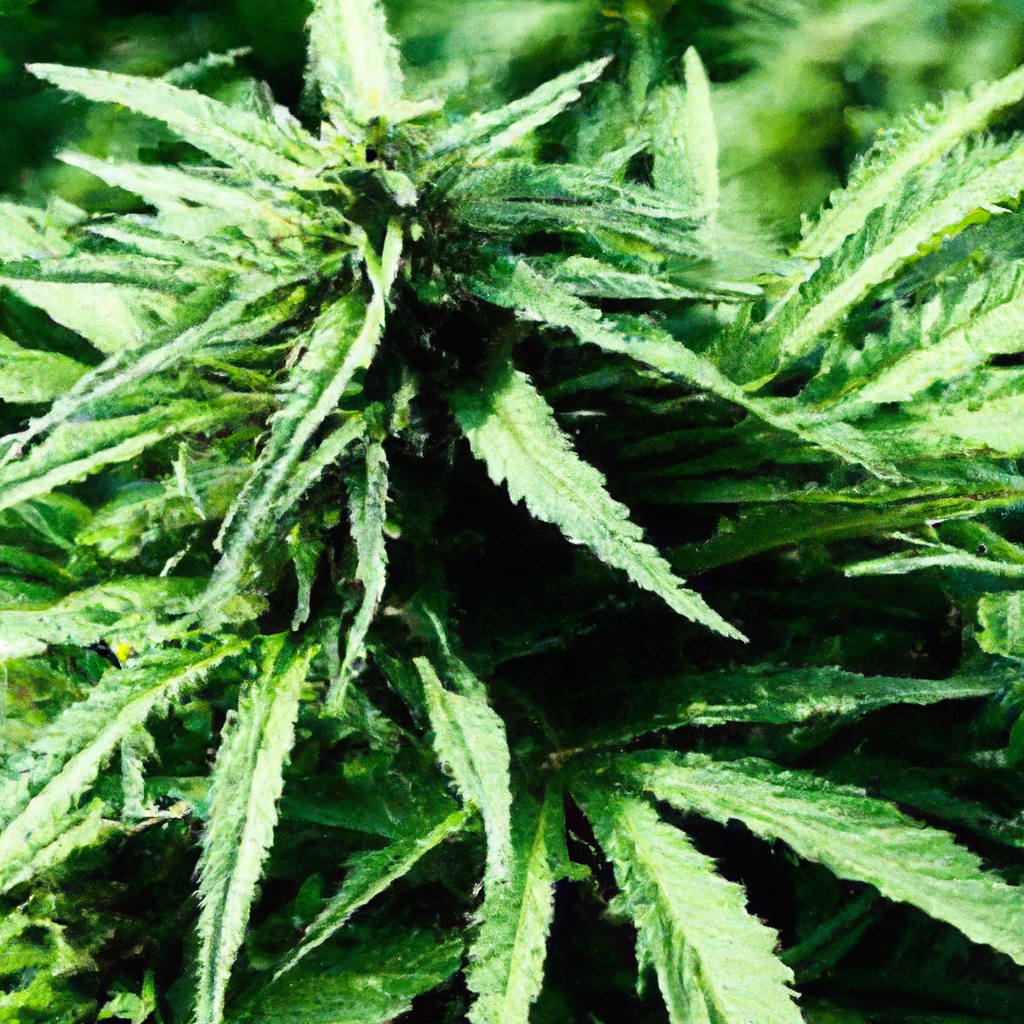
Explore the advantages of organic growing methods in cannabis cultivation, which offer significant environmental benefits and enhanced product quality. By avoiding synthetic chemicals, organic practices promote soil health and biodiversity, resulting in richer flavors and therapeutic compounds. Aligned with sustainability goals, these methods support water conservation and renewable energy, appealing to eco-conscious consumers. Understanding and…
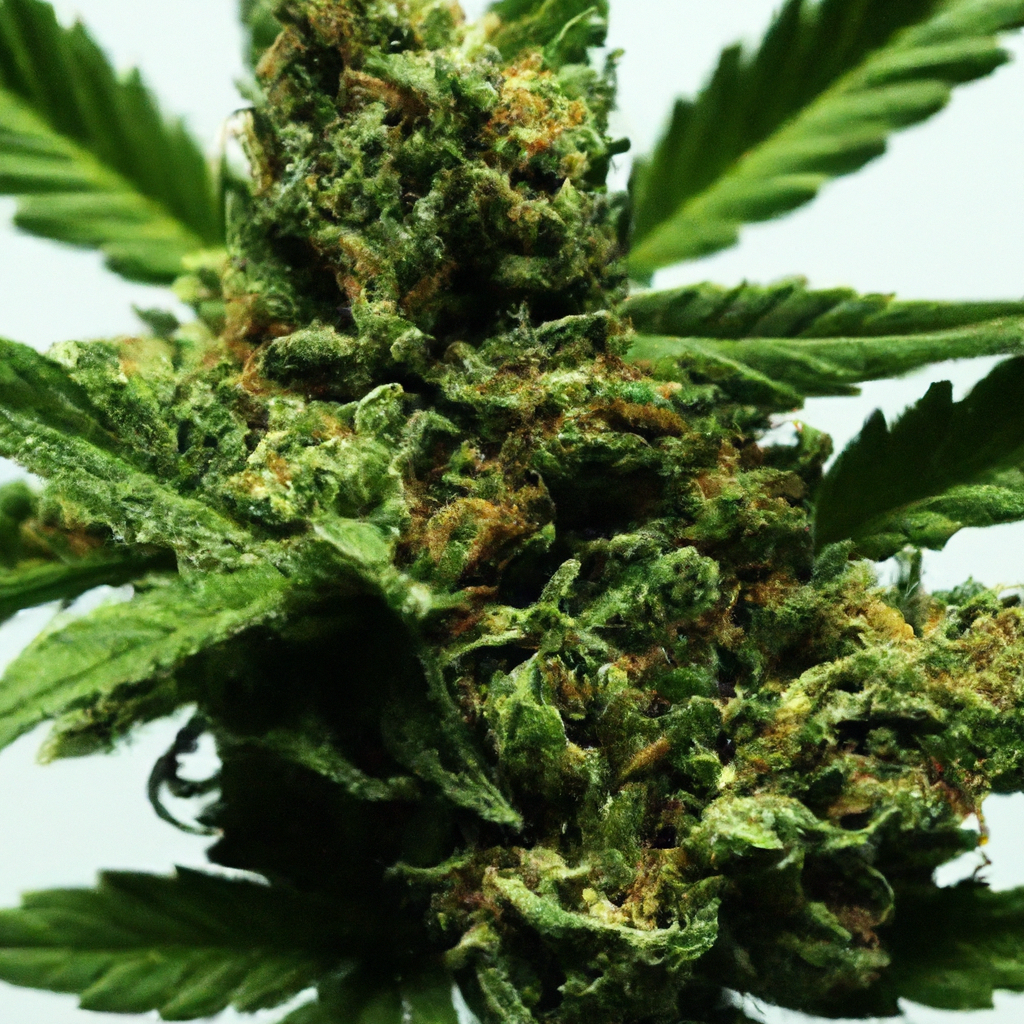
Cannabis is becoming a key player in climate control efforts due to its carbon sequestration capabilities, particularly in hemp varieties, which capture and store atmospheric CO2 effectively. It also contributes to sustainability through hempcrete, a carbon-negative, durable building material, and its role in promoting biodiversity and soil health. Real-world applications, such as hemp farms in…
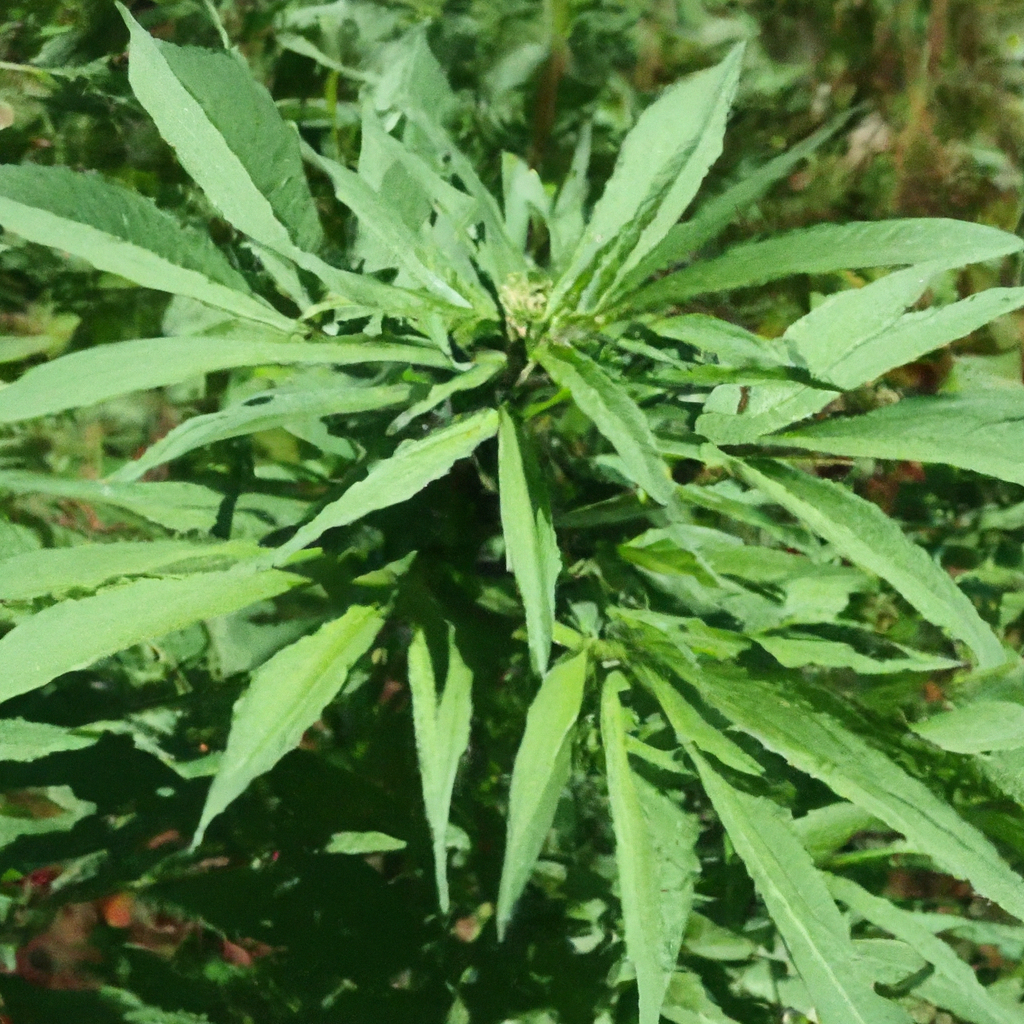
As the cannabis industry grows, understanding its environmental impact, particularly on soil health, is paramount. Sustainable cannabis cultivation enhances yields and offers long-term environmental benefits. Key practices include using organic amendments, planting cover crops, applying compost tea, and minimizing tillage. These methods not only improve soil nutrients and plant resilience but also reduce reliance on…
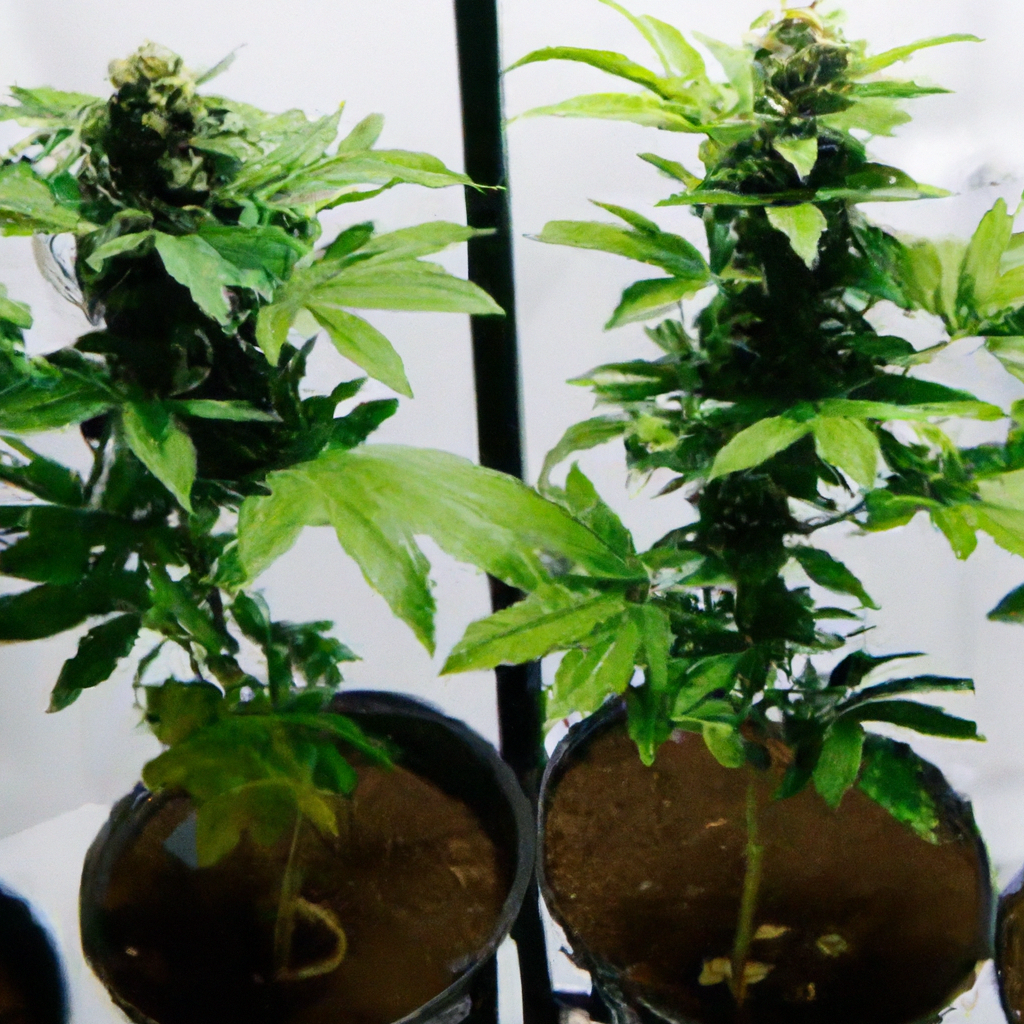
For cannabis cultivators aiming to preserve favorite strains or effectively expand their gardens, mastering cloning is crucial. This process replicates a plant’s genetic makeup, ensuring consistency in potency and growth. Cloning involves selecting a healthy mother plant, preparing the right tools and environment, and following a precise cutting and rooting process. Although challenges like environmental…
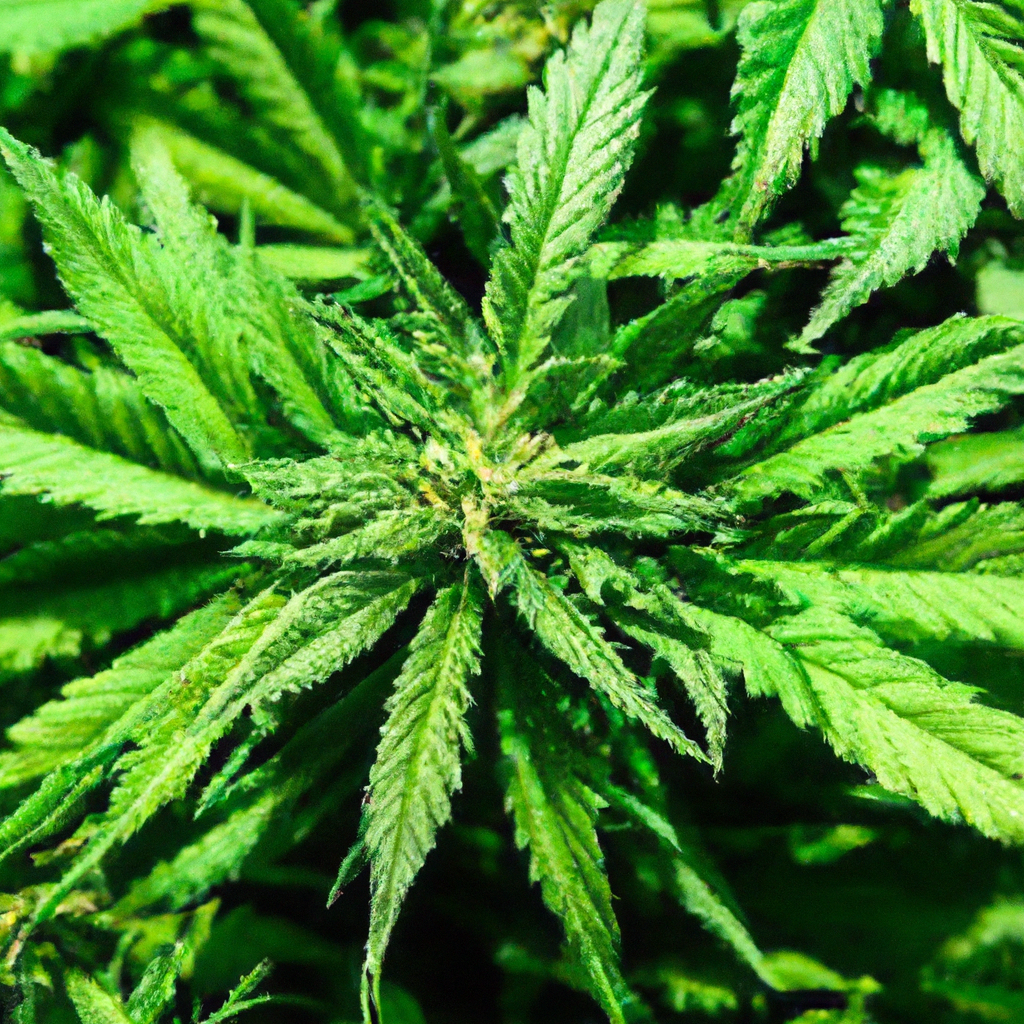
As the cannabis industry grows, its relationship with environmental sustainability becomes crucial. Traditional cultivation poses significant environmental challenges, such as high water consumption, energy use, and waste generation. However, innovative sustainable practices like water-efficient techniques, renewable energy sources, and organic growing methods offer promising solutions. These practices can reduce the carbon footprint and promote soil…
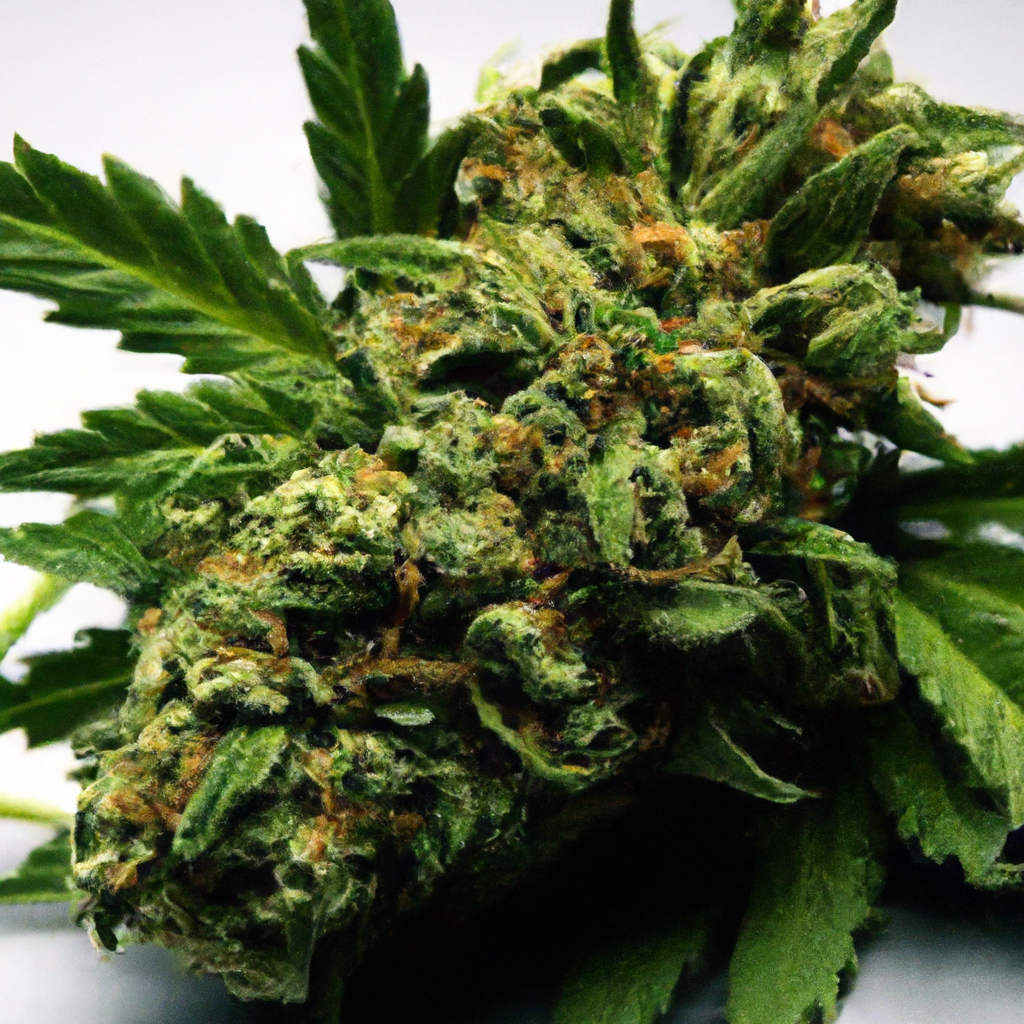
The legalization of cannabis has significantly transformed economies worldwide by creating jobs, boosting local economies, and generating new revenue streams. This booming industry has led to job creation across sectors like retail and agriculture and attracted global investment. Communities benefit from reduced crime rates, urban revitalization, and a cultural shift toward normalization. However, challenges such…
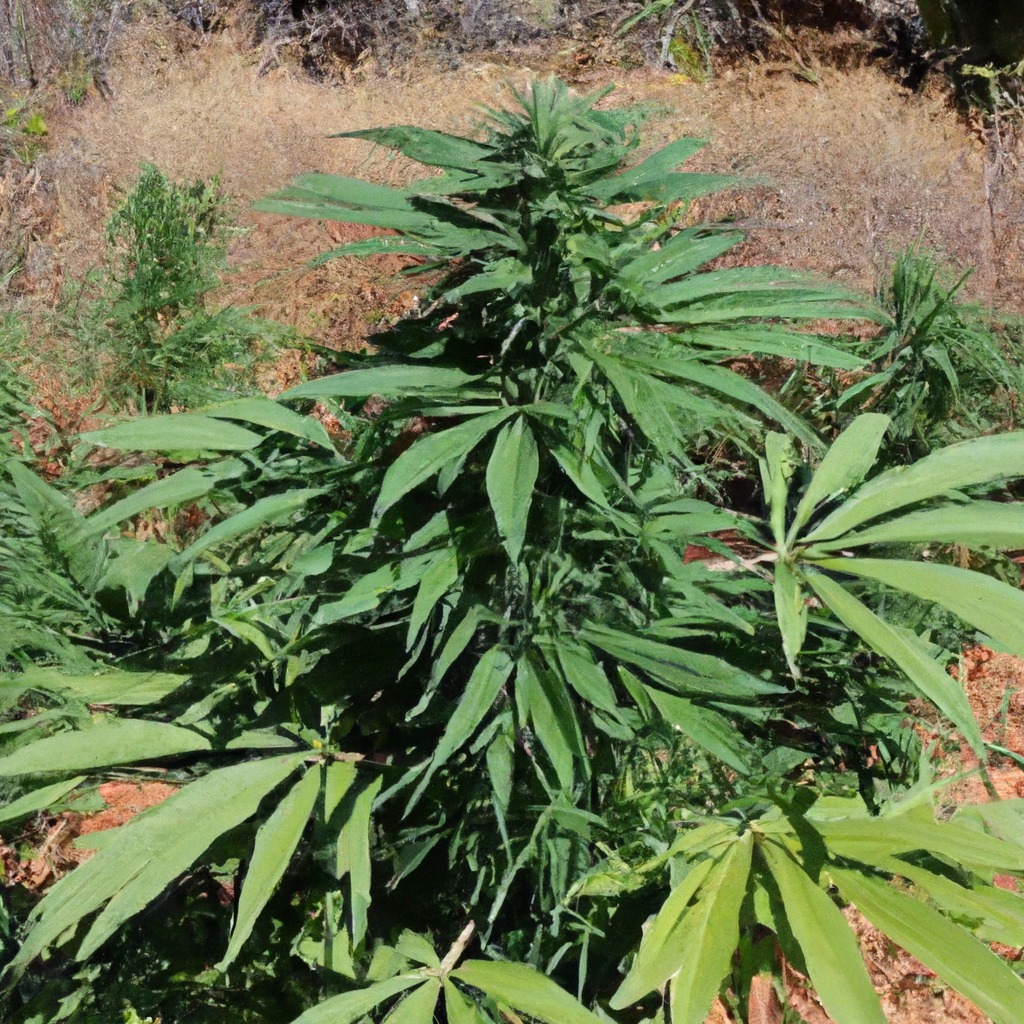
Organic cannabis cultivation is gaining popularity among growers focused on sustainability and quality. This practice emphasizes the use of natural methods to ensure a smaller environmental footprint and produce cleaner, healthier plants. Key aspects include maintaining healthy soil through composting and mulching, using natural fertilizers, implementing Integrated Pest Management (IPM), and managing water efficiently. Transitioning…
